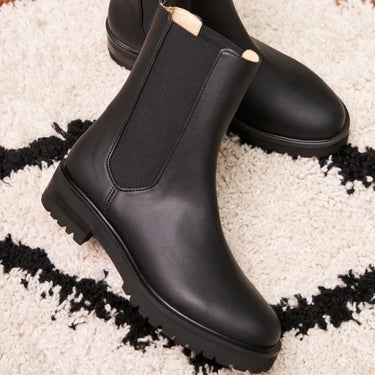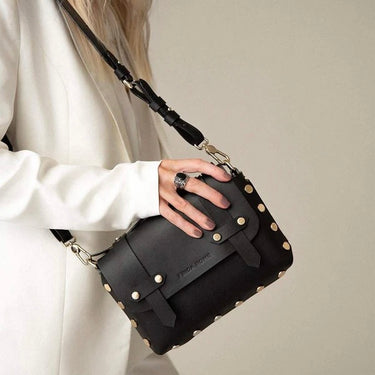KOMODO
KOMODO is dedicated to creating sustainable and ethically made clothes for both women and men, that look good and feel great to wear.. As a GOTS-certified brand that is a partner of Common Objective, Komodo Clothing aims to use eco-friendly materials and make their clothing in fair and safe labour conditions.
About the Founder
In the summer of 1988, Mark Bloom (aka Joe Komodo) was part of a young gang of mates who loved travelling and finding colourful, interesting fabrics, mixing them into the English eccentric styles that were iconic to the Acid House youth culture that dominated in Britain at the time. During a trip to Bali, Mark and his friends interacted with locals and was inspired by traditional techniques – prompting him to start a label that would bring something fresh to British street style.
“We are passionate about protecting and nurturing our planet, but we also love fashion and don’t believe the two need to be mutually exclusive. Why can’t we look great whilst fighting for the world we live in?”
Materials
All Komodo clothes are made from sustainable materials such as cotton, linen and hemp – always organic. Other materials used by the company include Tencel, Modal and Cupro, all made from natural raw materials that have been processed with a closed-loop system, which reuses the water and chemicals which are used in the production process.
When Komodo uses polyester, it always comes from 100% recycled sources, such as PET derived from recycled plastic bottles. The company has also stopped using plastic buttons in favour of biodegradable coconut or Corozo.
People
Komodo mainly works with GOTS-certified suppliers, covering many aspects of sustainability in the fashion supply chains: worker safety, equality, rights and pay. Others are independently audited by organisations such as SEDEX, SAI and AMFORI. Komodo builds long-term relationships with their suppliers and visits them regularly to monitor operations. The brand also has their own code of conduct that its suppliers follow.
Production
The manufacturing of Komodo's clothes takes place in Nepal, China, India, Indonesia and Sri Lanka. Their primary knitwear factory in Kathmandu is solar-powered and most products use recycled water systems for washing and dyeing. Many of the company's fabrics and yarns are produced by the Lenzing™ company, using their award-winning closed loop systems.
Packaging
Komodo packaging has been plastic-free since 2019. The company only uses biodegradable packaging, made either from home-compostable vegetable starch or recycled paper.
Animals
Over the past years Komodo has actively worked to source materials that can replace wool, moving closer to producing vegan collections. Their selection of vegan knitwear is made from organic cotton, linen and Tencel-blend yarns, and they also offer vegan outerwear in recycled PET.
To discover more like this, visit our women's ethical & sustainable clothing and men's ethical & sustainable clothing collections.


























































































